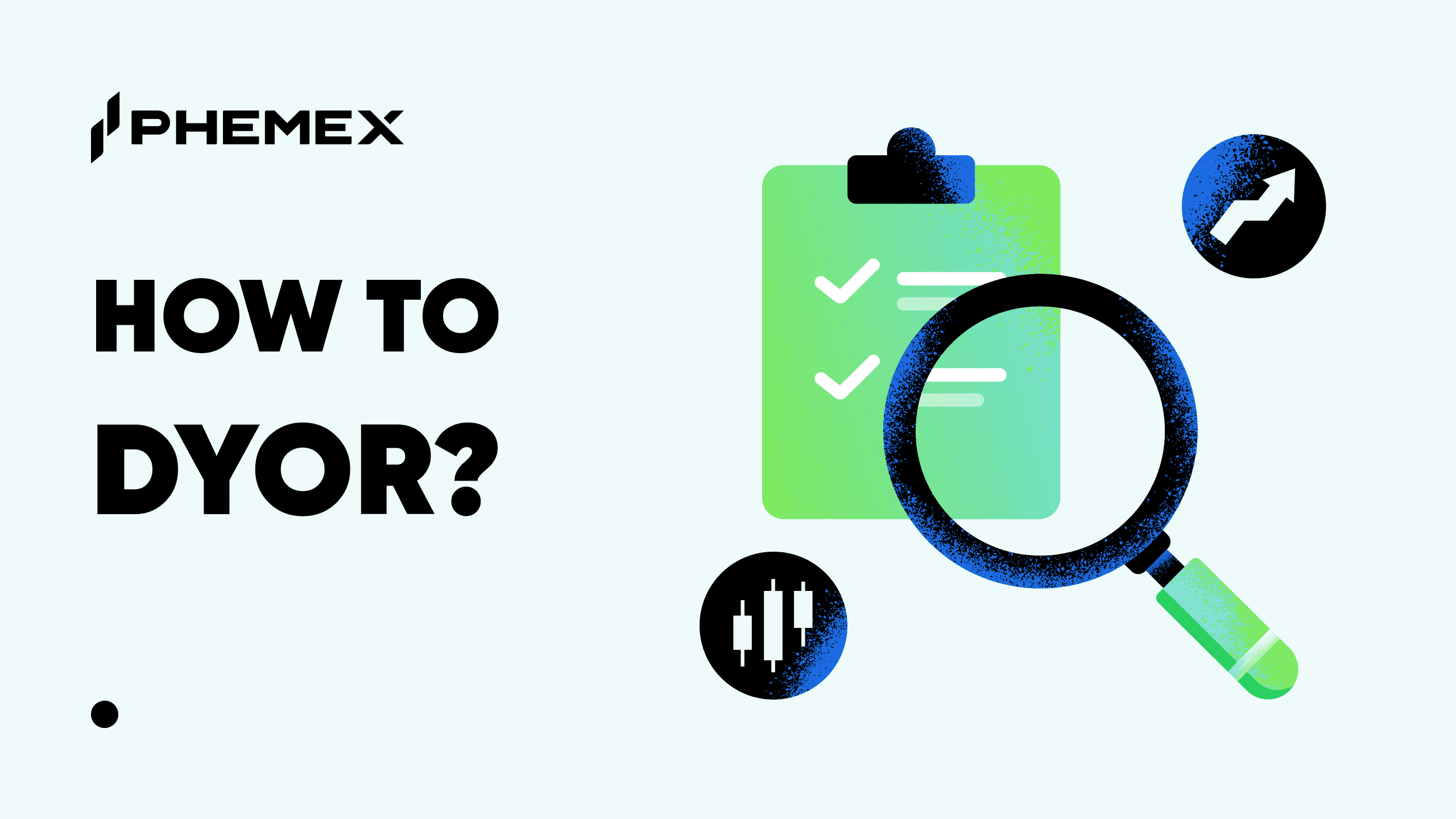If you bought crypto and sold it for a profit, you could be liable for capital gains taxes. Crypto transactions are taxed under capital gains taxes in most countries. This guide will compare capital gains taxes for crypto in different countries and list countries where crypto capital gains are tax-exempt.

How Much Is Capital Gains Tax On Crypto
In most jurisdictions, capital gains taxes range between 10-40% for short term capital gains (under a few years) and 0-10% for long-term capital gains (multiple year hold). Capital gains taxes decrease the longer you hold a crypto and could amount to 0% in some countries.
Capital gains taxes apply for all cryptos, including Ethereum (ETH), Cardano (ADA), Solana (SOL), Dogecoin (DOGE), and even DEX transactions. The following is a breakdown of crypto capital gains taxes for different countries:
| Country | Tax Agency | Short-Term Capital Gains Tax | Long-Term Capital Gains Tax |
|---|---|---|---|
| USA | IRS | 10-37% (under 1 year hold) | 0-20% (over 1 year hold) |
| UK | HMRC | 10-20% (depending on income) | 10-20% (depending on income) |
| Hong Kong | IRD | 0% | 0% |
| Singapore | IRAS | 0% | 0% |
| Canada | CRA | 24-27% depending on province (only 50% of total capital gains are taxed) | 24-27% depending on province (only 50% of total capital gains are taxed) |
| Australia | ATO | 15% | 7.5% (50% discount for 1+ year hold) |
| Germany | BZSt | 25% (under €600 exempt) | 0% (over 1 year hold) |
| France | PFU | 30% (under €3,000 exempt) | 30% (under €3,000 exempt) |
| Brazil | RFB | 15-20% | 15-20% |
| Turkey | TRA | 20% | 20% |
What is Considered as Capital Gains Tax on Crypto?
Capital gains taxes take effect for all transactions, regardless of whether a trader sold Bitcoin for a stablecoin such as USDT or converted it to another crypto. For example, if a trader buys Bitcoin when it is worth $20,000 and converts it to Ethereum when Bitcoin is worth $60,000, they are subject to capital gains on the $40,000 profit.
In the United States, buying crypto is taxed the same as buying stocks and capital gains taxes are paid on all crypto transactions (selling or using as means to purchase another crypto). It is subject to a lower tax rate after a 365-day hold.
The amount a trader pays can also be affected by their annual income and their marriage status. If their annual income exceeds the national average, their capital gains tax will be higher. Likewise, married traders enjoy lower taxes if they file capital gains tax with their spouse.
Capital gains taxes are subject to changes. President Biden floated the idea of increasing capital gains taxes on the wealthy. The current maximum tax rate of 20% for long holds could be increased to 39% for people earning at least $1 million annual income.
In countries like China and Russia, crypto is banned, while some countries like Portugal are actively inviting crypto traders by lowering the crypto capital gains taxes to 0% and retaining capital gains for other businesses.
Filing Crypto Capital Gains Tax
Each account on Phemex has a trade history that keeps track of all transactions associated with a certain account. This can help you file a tax report based on the data.
To file a crypto capital gains tax report, you have to keep records of all your crypto transactions. Professional crypto traders should hire an accountant to help them balance out their trade sheet for profits and losses. Keep records of the following information:
- Receipts of bank transfers/credit card purchases
- Transaction dates
- Values of crypto at the time of the purchase (use old charts for reference)
- Crypto wallet transfers — both on CEX and DEX
- Crypto sells and transfers
- Short description of each transaction
Miners might have to file additional tax records including hardware purchases and the cost of hardware. They also have to report the mining pools they are participating in.
Once you have records of all crypto transactions, depending on your country, you have to fill out adequate forms. In the United States, there are two forms required to file for capital gains tax:
- Form 8949. The form is a record of every single crypto transaction made in the last year. It should include your entire trade history including original fiat purchases, buys, sells, dates, prices of coins at the time, and whether you sold at a gain or a loss.
- Form 1040 (Schedule D). This form should present the total summary of your gains and losses for the year and will determine the total amount you’re being taxed. Using the data from Form 8949, the Schedule D form can be completed and filed to the IRS.
Note that there might be additional forms required. If you are mining crypto, you have to file a Schedule C form as well to disclose all coins you received from the mining process. Schedule C capital gains might also qualify a trader for self-employment taxes.
In the Schedule D form, you can report your crypto trading activity as a hobby which would allow you to bypass the self-employment tax, but you will not be able to file for deductions on your capital gains.

How to Lower Capital Gains Tax
If you want to lower your capital gains bill, there are options depending on your country:
Hold Crypto Longer
Most countries offer exemptions on capital gains tax for investors who hold their assets over the long term. This was recently a subject of controversy as Elon Musk decided to sell $5B worth of Tesla stock to prove he is not holding to avoid capital gains tax.
In countries like Germany, holding for more than a year exempts a trader from paying any kind of capital gains tax on their crypto. In Australia, holding an asset for more than a year discounts the capital gains tax owed by 50% — from 15% to 7.5%.
The longer you hold your crypto, the less you will have to pay in capital gains.
Report Losses
If you experienced losses in crypto trading, you can deduct your losses from the capital gains tax that you owe. A trader is technically 100% tax-exempt as long as they didn’t make a profit.
For example, if you made $20,000 on Bitcoin but lost it all on a bad trade, you could claim a $20,000 loss and you won’t owe taxes because you broke even. Keeping detailed records of every transaction will help you prove your losses to the tax agency.
Deduct Business Expenses
Certain expenses are deductible. Miners can claim expenses for their mining rigs, including hardware costs, electricity costs, server costs, cloud mining costs, and other costs related to mining activity.
If running a node on a PoS coin requires you to pay hosting fees on a service like AWS, you could claim that as a business expense.
Move To a Crypto-Friendly Nation
The final option is to move to a crypto-friendly country or region that exempts all capital gains on crypto. Many countries are actively trying to attract crypto traders by exempting all capital gains and even offering pathways to citizenship. The following countries and regions have zero capital gains on crypto:
- Portugal. The most crypto-friendly nation in the EU offers a special capital gains tax exemption for crypto. Other entrepreneurs have to pay capital gains taxes (up to 28%), but crypto traders are exempt from paying any capital gains on their holdings.
- El Salvador. The first nation to make Bitcoin a legal tender in the world, El Salvador offers easy residency for Bitcoin holders (including pathways to citizenship by investing three BTC), and there are no capital gains taxes on crypto profits.
- Hong Kong. One of the wealthiest banking areas in the world, Hong Kong doesn’t have a capital gains tax on crypto. It only has income tax which is capped at 15% of the total earnings per year for full-time traders.
- Singapore. Singapore was one of the first nations in the world to fully eliminate capital gains tax. There are no capital gains taxes on crypto for any kind of business/enterprise activity in Singapore.
- Switzerland. Switzerland, home to “Crypto Valley” in Zug, exempts all crypto profits from capital gains tax.
- Belarus. The first nation in Eastern Europe to offer incentives for crypto, it classifies all crypto trades as tax-exempt and crypto traders don’t have to file taxes with the tax agency of Belarus until 2023 when the law will be reviewed.

Conclusion
Capital gains are only realized when the trader sells and this is recognized as a “taxable event.” Capital gains taxes apply if you live in a country that regulates crypto transactions and requires reporting for all gains and losses.
Phemex allows traders to keep records of their crypto transactions such as buys, sells, crypto conversions, and withdrawals to cold wallets. This data can be used to create tax reports for the year.
The same deductions for asset classes like stocks apply for crypto profits. Crypto traders can take advantage of those exemptions or move to a crypto-friendly nation that doesn’t tax capital gains derived by crypto.
Read More
- Taxing the Intangible: How is Crypto taxed worldwide?
- What Are Unrealized Gains and Losses?
- How to Take Profits in Crypto Trading
- Crypto Trading vs. Investing: Key Differences Explained
- How To Trade Crypto: The Ultimate Investing Guide
- What is Cryptocurrency & How It Differs From Digital Cash
- Bitcoin Realized vs. Unrealized PnL – What’s the Difference?
- What Is The Crypto Wash Sale Rule & Why Should You Care?








